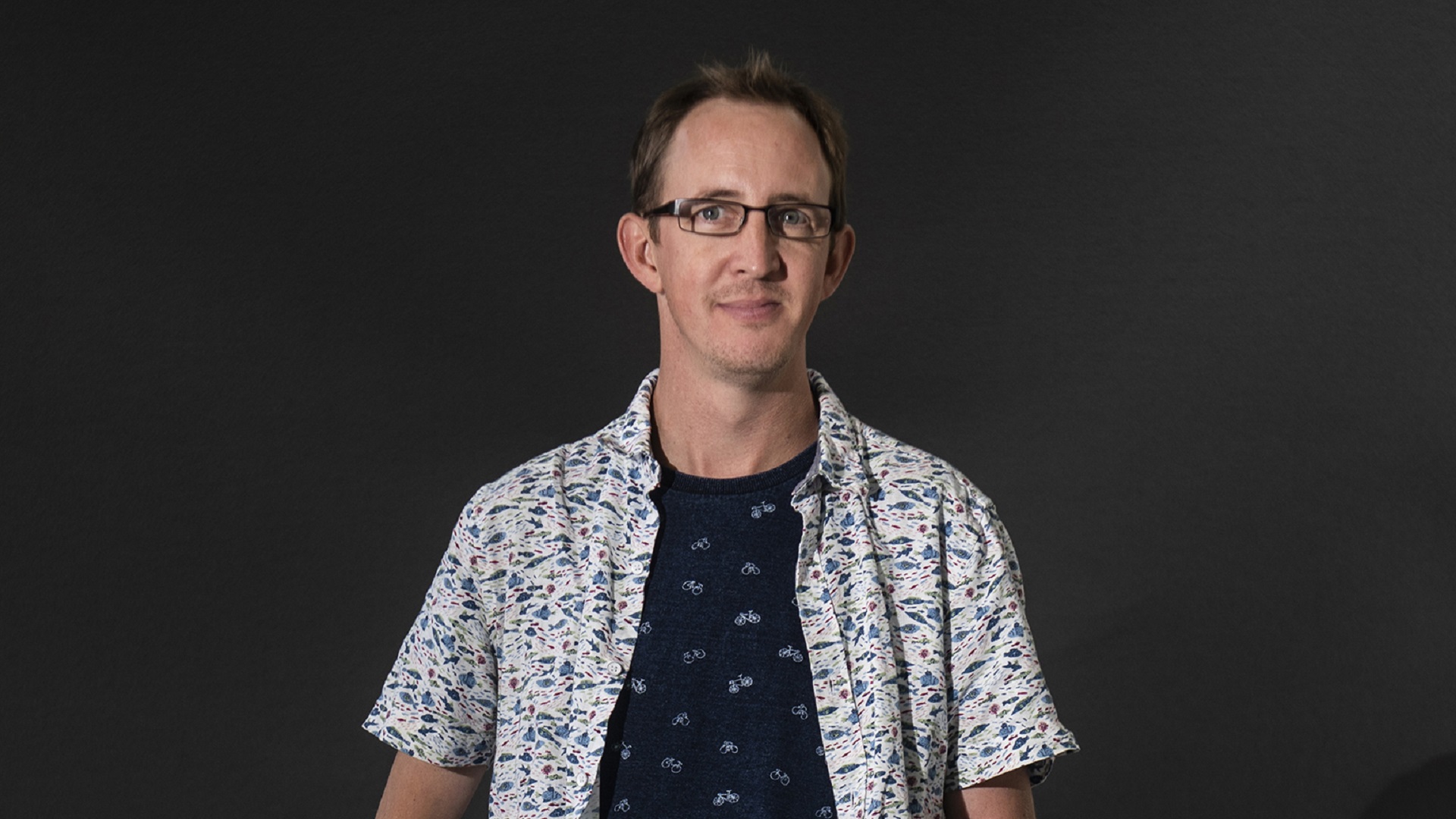Social media is driven by rage. The majority of trending subjects are driven by hatred rather than by love, and even those trends driven by love will soon find those who hope to bend it to hate. Sympathy and empathy often watch impotently from the sidelines. One moderator describes the world as “a perfect storm of shittiness”.
The moderators do not work in the gleaming glamour of those buildings that look like the future as painted in 1950s comics.
They are in dark and distant corners, monitoring the hate and trying to judge what can be stopped and what can remain unleashed, however bigoted and vitriolic. What’s more, after reporting extremism, they find out little, often nothing, more about the outcome.
They have seen people cutting their wrists online and been powerless to stop the spread of far-right propaganda that can inspire silent crimes of hatred.
It is a dark game that is often not a game at all. I think of friends of mine who have had years of threats of violent sexual abuse online and no action was taken on any level.
There is also the story of Molly Russell, just 14 years old when she took her life, seemingly influenced by what she had seen on social media. The moderators are described as modern-day sin eaters, those who were employed to consume the sins of others.
The episode on sin and envy was very useful to my author brain, as Filer planted himself on the stage, dealing with why he, as an author, experiences the success of others as a failure of himself.
There was also a very touching interview with Yvonne, a woman who found herself unable to have a child. She spoke honestly of the damage it did to her relationship. There was no room for passion when all physical contact was consumed by the need to become pregnant.
Her description of the changing imagination of the future – how those visions of an imagined daughter, sat on her partner’s knee, faded and were replaced by anger at those who had happiness with children, and how she started to see people as undeserving of those things that she could not have.
She now helps people who have not been able to become mothers.
Each episode is a series of beautifully told stories, impactful and frequently educational, and Filer is a warm curator and interviewer. I listened to the whole series in one morning and now hope there is a second series soon so I can plan an afternoon of listening, too.
Oh, and there is a very interesting lesson in how authors can learn to curse their rivals (though they really shouldn’t).
Nathan Filer’s Why Do I Feel? podcast is available at nathanfiler.co.uk
Robin Ince’s new book The Importance of Being Interested: Adventures in Curiosity is out now (Atlantic, £17.99)









